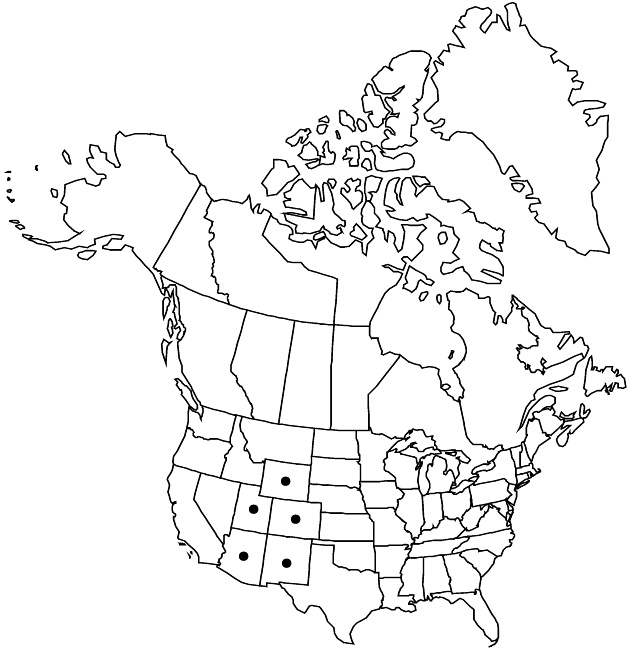Erigeron pulcherrimus
Bull. Torrey Bot. Club 25: 200, plate 340. 1898.
Perennials, (5–)7–30(–35) cm; taprooted, caudex branches relatively short and thick. Stems erect (gray-green), moderately to densely gray-green-strigose (hairs white, stiff), eglandular. Leaves basal (persistent) and cauline (gray-green; petiole bases broadened or not, not thickened and whitish-indurate); basal blades linear to narrowly oblanceolate, 10–70 × 1–3(–5) mm, cauline little reduced for about 1/2–3/4 stems, margins entire, faces moderately to densely strigose (hairs white, stiff), eglandular. Heads 1. Involucres 5–7(–9) × 10–16(–20) mm. Phyllaries in 2–3(–4) series, hirsute to villoso-hirsute, minutely glandular. Ray florets 25–60; corollas white to pink or bluish, 8–15 mm, laminae coiling. Disc corollas 3.8–5.7 mm. Cypselae 2.5–3 mm, (2–)4(–5)-nerved, faces densely strigoso-sericeous; pappi: outer sometimes of setae or bristles (to 0.5 lengths of inner), inner of 32–50 bristles.
Phenology: Flowering May–Jun.
Habitat: Clays, clay-silts, and gravelly soils, saline, gypseous, and seleniferous, commonly in salt desert scrub, pinyon-juniper
Elevation: 1300–2100 m
Distribution

Ariz., Colo., N.Mex., Utah, Wyo.
Discussion
Selected References
None.